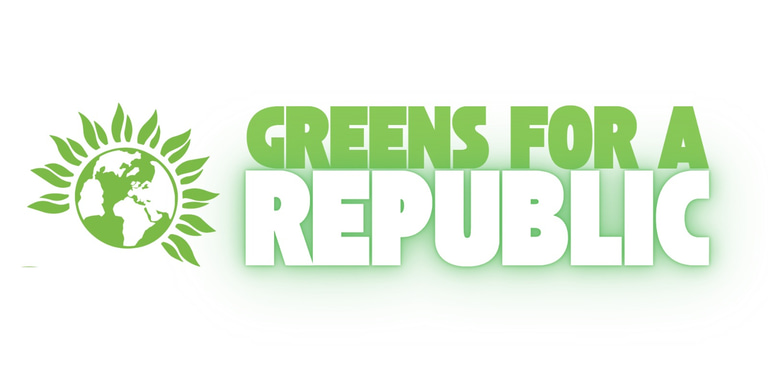One Rule For The Poor, Another for the Royals: Britain’s Double Standards
Britain likes the label of fairness yet when it comes to how we judge the poorest in society compared to the Royal Family, the rules could not be more uneven.
9/7/20251 min read
If you're poor, you're treated with suspicion. If you're royal, you're treated with sympathy.
The Relentless Scrutiny of the Poor
Benefit claimants, the unemployed, the disabled—these groups are routinely portrayed in the media as burdens or even cheats. Politicians fall over themselves to demand "crackdowns" on welfare fraud (which, incidentally, is a fraction of the amount lost to tax evasion).
If you're vulnerable in Britain, you're expected to prove your worth at every turn. Endless paperwork. Tests. Sanctions. Humiliations.
You must work twice as hard to be considered "deserving" of the bare minimum.
Meanwhile, In Royal Land…
Contrast that with how Britain treats its most privileged family.
A Royal can inherit unimaginable wealth, receive taxpayer support, and carry out a handful of carefully choreographed public appearances—and be praised as "working hard" or "doing their duty."
They are shielded from criticism, flattered by the press, and afforded endless benefit of the doubt.
Prince makes a mistake?
"He's under pressure."
Duchess spends extravagantly?
"She deserves a bit of luxury."
King caught lobbying politicians?
"A constitutional formality, nothing more."
Where is the relentless "personal responsibility" rhetoric that is hurled at the poor?
The Politics of Deference
This double standard is not accidental.
Britain has long practised a politics of deference, where the wealthy and aristocratic are assumed to be naturally respectable, while the poor must be constantly monitored and managed.
The monarchy sits at the very top of this unwritten class system. Its mere existence normalises inequality. It suggests that some people are simply born more valuable than others—and that their mistakes or failings are somehow more forgivable.
Excusing Inherited Power, Punishing Inherited Poverty
Think about how bizarre this is:
If you inherit poverty, you're blamed.
If you inherit millions and a title, you're celebrated.
Britain demands "resilience" from the poor and offers "understanding" to the rich. It criminalises minor mistakes made out of desperation, but shrugs off massive abuses of privilege.
This isn’t just unfair—it’s corrosive. It erodes any serious claim that Britain is a meritocracy.
Time to Raise the Bar
It’s long past time we reversed these standards.
The truly powerful should face more scrutiny, not less.
Inherited privilege should invite more questioning, not automatic deference.
And if we’re so keen on "personal responsibility," perhaps it’s time we applied it upwards—for once.
